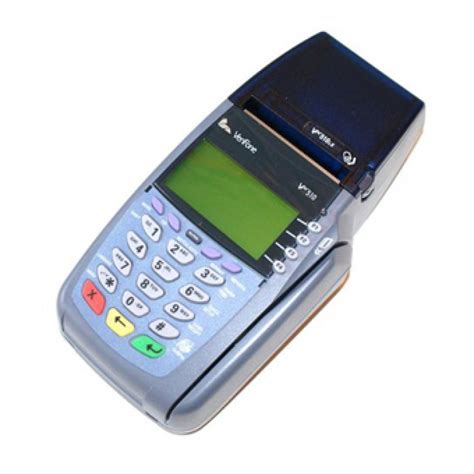Effective April 18, 2020, merchants must comply with new Visa subscription billing terms and conditions. These are, once again, big changes that merchants must take action on to comply with. The payment gateway will be critical, and not all are ready to meet the new technology requirements for authorization and receipts.
Who do the new Visa rules apply to?
- All merchants globally
- Merchants that offer a free or discounted introductory offer as part of a subscription service
What are key Visa SaaS subscription changes?
- Merchants must get express consent to enter into agreement for recurring billing. For example, if an online purchase, a checkbox agreeing to the terms is acceptable.
- Notification via text, email, or other agreed upon method (not realistic for most businesses), of the subscription terms including start date, product/service details, billing frequency, billing start date, and link to cancel.
- Notification at least 7 days in advance of the expiration
Revised sale transaction receipts are required.
- Details to include length of trial period, introductory offer, or promotional period, and notice the cardholder will be charged unless the cardholder takes steps to cancel.
- Date it starts, even if no payment is due, and date subsequent recurring transactions begin.
- A link to cancel or other simple method.
Payment Gateway and settlement changes to support new Visa Authorization is required.
Many payment gateways are not yet compliant with the October 2017 stored credential mandate and they won’t be ready with this either as it is not a simple update.
- A new descriptor, “trial” or similar, must be sent with Merchant Name field of the Clearing Record for the first transaction at the end of a trial period. This descriptor will then appear on cardholder statements, online banking etc.
“This is another huge change that most merchants will probably have difficulty complying with because of outdated payment gateways,” according to Christine Speedy, 3D Merchant Services payment gateway expert.
Merchants must make it easier to cancel recurring billing.
This is actually an extension of rules and recommended changes over the last few years. For example, if a customer signs up online, they should be able to cancel online, not have to call on the phone. The new rule now says regardless of where they signed up, retail store or other, they must be able to cancel online.
Visa expands cardholder dispute rights for subscription billing via existing condition “Misrepresentation”.
Basically, merchants need to be able to prove that the cardholder expressly opted in, and they notified customer before processing after the trial period.
Visa will actively monitor trial period compliance.
This is huge. While they don’t state how, the advances of Artificial Intelligence (AI) make if fairly easy. Additionally, merchants that are using recurring billing properly already notify the parties in financial ecosystem that they are doing recurring billing via the 2017 recurring billing stored credential changes.
What are merchants benefits to comply with Visa rules?
Merchants can expect increased authorization approvals, better rate qualification (higher profits), and increased customer satisfaction. Merchants avoid getting shut down, fined, assessed fees, penalty fees and also reduce customer service bandwidth.
DISCLAIMER: condensed and incomplete information. Information may be quickly outdated. Follow links from our Merchant Rules web page here or click here to download Visa’s PDF with review and quick reference card. Two page PDF, 675kb.
Call Christine Speedy for compliant payment gateway solutions to maximize profits and improve your customer experience. 954-942-0483, 9-5 ET for all your recurring billing and stored credential payment gateway and virtual terminal needs.

